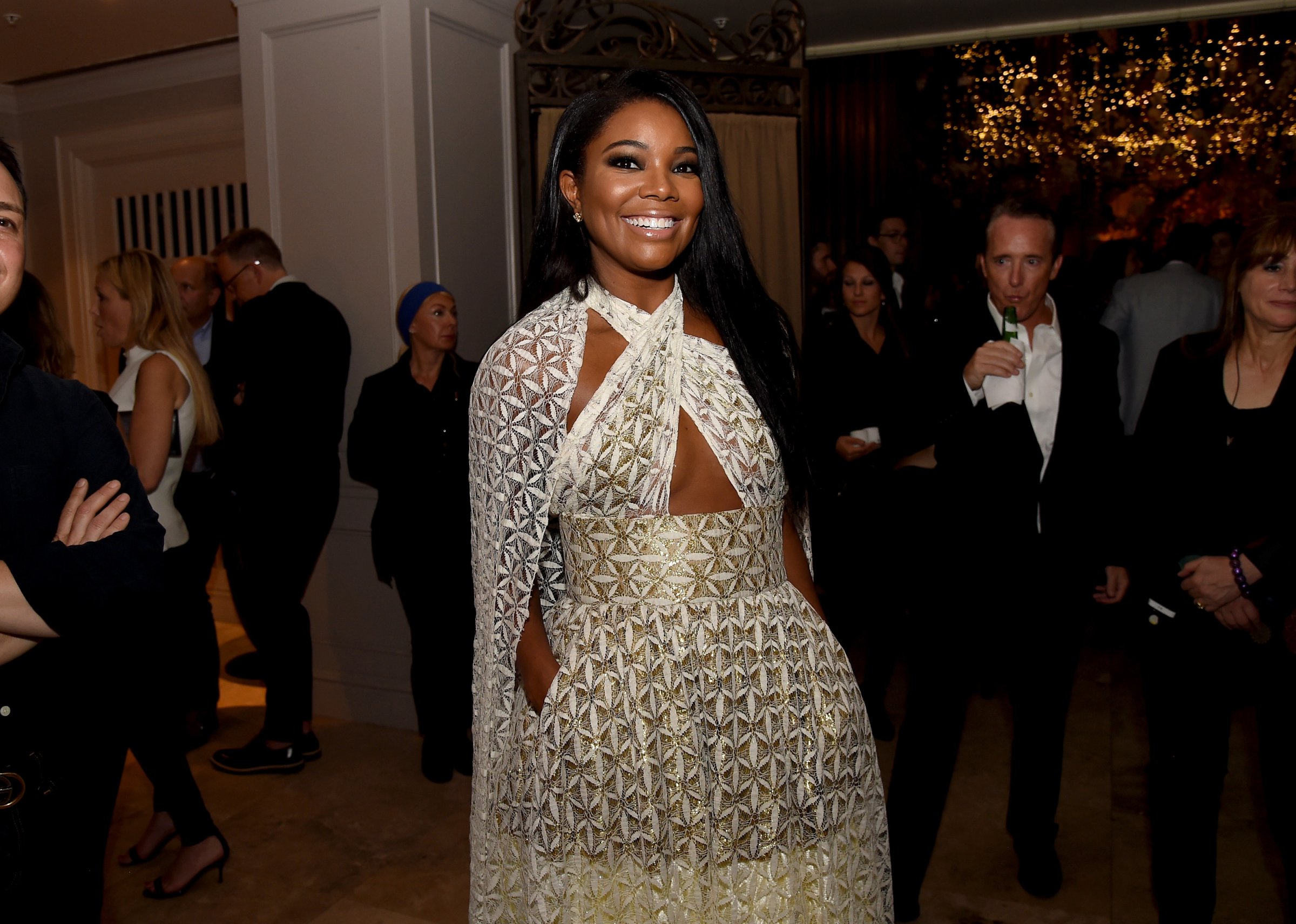
Gabrielle Union may be one of the stars of The Birth of a Nation, but she understands if the sexual assault allegations against its director, Nate Parker, keep you away from the theatre.
In an interview with XO Necole, Union, a sexual assault survivor, said that she thinks the film, which depicts Nat Turner’s slave rebellion, is an important film that can prompt discussions on “black liberation, black resistance, racial inequality.”
“This is not ‘another slave movie.’ This film is about black liberation, our humanity, our hope and our love and I haven’t seen these topics portrayed in a film to this degree. There’s never been a film like The Birth Of A Nation,” she told XO Necole. “But I understand those who may have an issue with Nate’s past and if you don’t like the way Nate is handling the present, I absolutely understand if you chose to sit the film out.”
“I respect it because I would be a hypocrite if I said I hadn’t chosen not to see films that made me uncomfortable for one reason or another, but my hope for those that choose not to see the film is that you’re leading the movement from another direction and the conversation doesn’t die because you decide to sit the film out,” she continued.
Parker and the film’s co-writer, Jean McGianni Celestin, were accused of rape in 1999 while students at Penn State, and both men denied the charges. Parker was acquitted, while Celestin was convicted (though after Celestin appealed, the case was thrown out when the victim declined to testify). The victim committed suicide in 2012, which was made public for the first time last month by the victim’s brother in an interview with Variety.
Union, who also plays a rape survivor in the film, has been outspoken about addressing the issue of sexual assault. She penned an op-ed in the Los Angeles Times about her own experience and her response to the allegations against Parker, and answered additional questions about the controversy at the Toronto Film Festival while sharing the stage with Parker.
“Some people have said, ‘If you’re a feminist, you should boycott the film.’ And I was like, ‘But wait, my role in the film and the reason I signed on was to talk about sexual violence,'” she told XO Necole. “So it feels ass backwards to shirk that responsibility when the controversy swirling around our film is around sexual violence so who better to speak on it than me?”
Read the rest of Union’s interview with XO Necole here.
More Must-Reads from TIME
- L.A. Fires Show Reality of 1.5°C of Warming
- Home Losses From L.A. Fires Hasten ‘An Uninsurable Future’
- The Women Refusing to Participate in Trump’s Economy
- Bad Bunny On Heartbreak and New Album
- How to Dress Warmly for Cold Weather
- We’re Lucky to Have Been Alive in the Age of David Lynch
- The Motivational Trick That Makes You Exercise Harder
- Column: No One Won The War in Gaza
Write to Samantha Cooney at samantha.cooney@time.com



